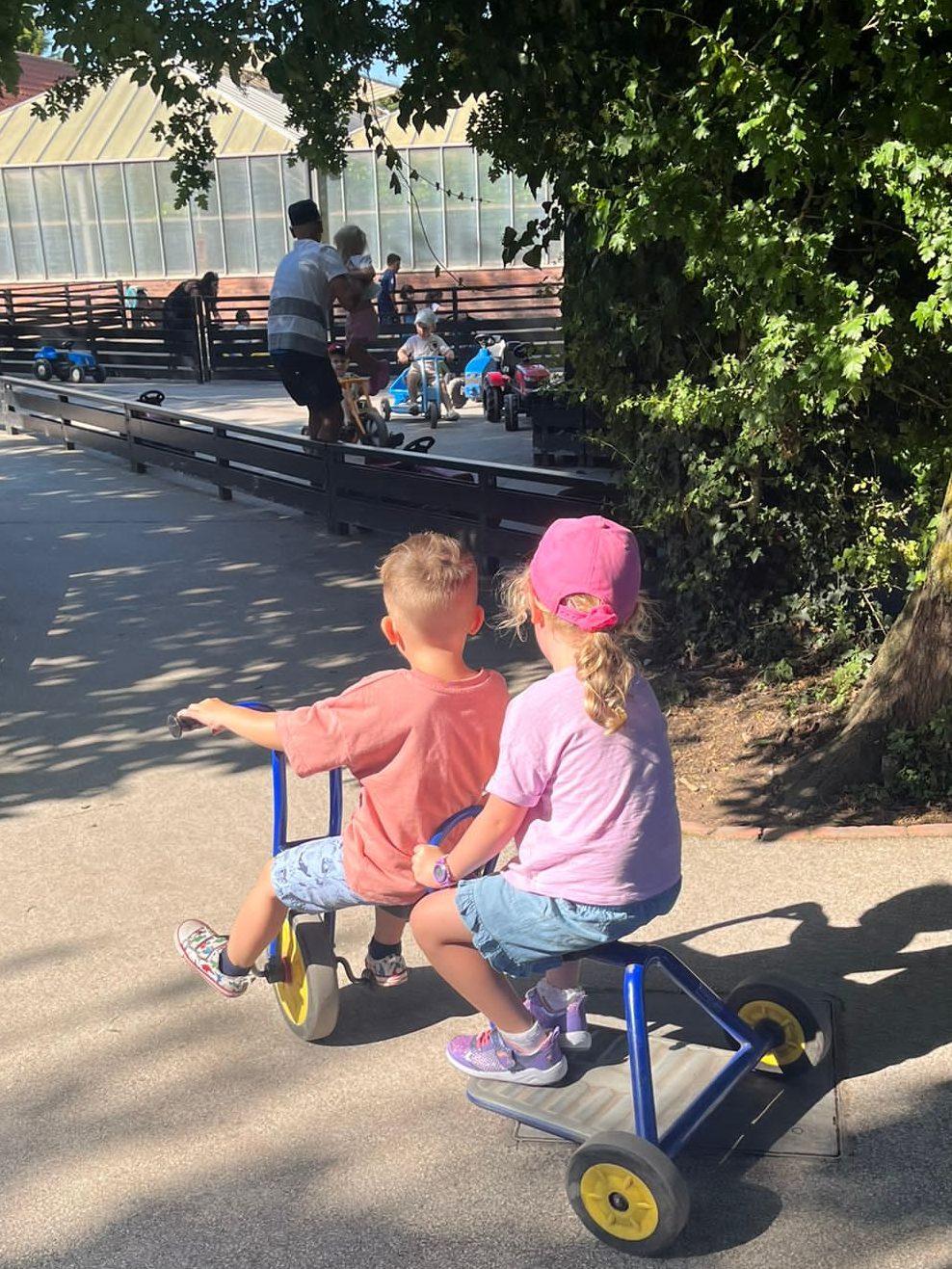Fostering as a Family: Teaching Children Empathy Through Experience

Fostering is a powerful way to make a difference in the lives of children in need, but it also profoundly impacts the families who choose to open their homes. One of the most significant lessons that fostering can teach children is empathy. In a world where understanding and compassion are more important than ever, fostering provides a unique opportunity for families to cultivate these essential qualities.
What is Empathy?
Empathy is the ability to understand and share the feelings of another person. It goes beyond sympathy, which is feeling pity or sorrow for someone else’s misfortune. Empathy allows us to connect with others on a deeper level, fostering compassion and encouraging supportive relationships. Fostering children in your home helps nurture this skill in a meaningful and tangible way.
How Fostering Teaches Empathy?
Exposure to Different Backgrounds: When a family welcomes a foster child, they often encounter a different set of life experiences, cultures, and challenges. This exposure helps children learn that everyone has their own story. Understanding the unique circumstances that led a child to foster care fosters a deeper sense of empathy in family members, encouraging them to see the world through someone else’s eyes.
Learning to Listen: Fostering teaches the importance of active listening. Foster children may have feelings and experiences that differ significantly from those of your own children. By encouraging open communication and creating a safe space for sharing, family members learn to listen without judgment. This practice not only strengthens relationships but also deepens the understanding of others’ emotions.
Navigating Challenges Together: Fostering can come with its share of challenges, from behavioural issues to emotional struggles. As families navigate these challenges, children learn to be patient and understanding. They see first hand how compassion and support can help someone through difficult times, reinforcing the idea that everyone deserves kindness, regardless of their circumstances.
Celebrating Differences: Each foster child brings their own unique personality and experiences. Encouraging family members to appreciate and celebrate these differences fosters an inclusive environment. Children learn that diversity enriches their lives and that empathy is crucial in building relationships with those who are different from them.
Modelling Empathy in Action: Parents play a critical role in shaping their children’s values. By demonstrating empathy in their interactions with foster children—whether it’s showing understanding during a difficult moment or advocating for a child’s needs—parents model empathetic behaviour. Children are keen observers and often mimic the behaviours they see, making this modelling a vital aspect of teaching empathy.
Conclusion
Fostering as a family is not just about providing a home for a child in need; it’s also an invaluable opportunity to teach and cultivate empathy. Through shared experiences, challenges, and celebrations, children learn to understand and appreciate the feelings of others. In a world that often feels divided, fostering a sense of empathy within families is a powerful way to create a more compassionate and connected community. By embracing the journey of fostering, families not only change lives—they also grow together in love, understanding, and empathy.
If you would like more information about fostering as a family please visit: https://chrysalisconsortium.co.uk/
October is ‘Children of Foster Carers Month’ The Fostering Network’s annual campaign to celebrate the vital contribution the children of foster carers make to foster care. To find out more please visit: https://www.thefosteringnetwork.org.uk/get-involved/championing-fostering/children-of-foster-carers-month
#childrenoffostercarersmonth #COFCM #COFCM2024 #empathy #teachingempathy #fosteringasafamily #familiesthatfoster



